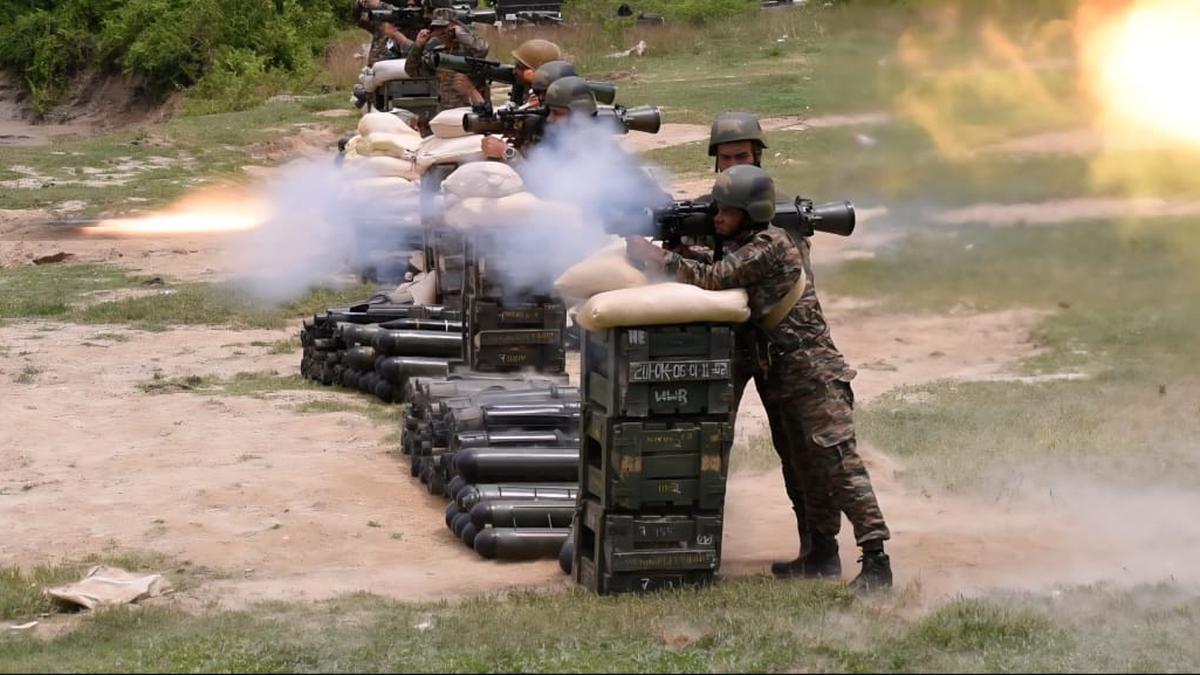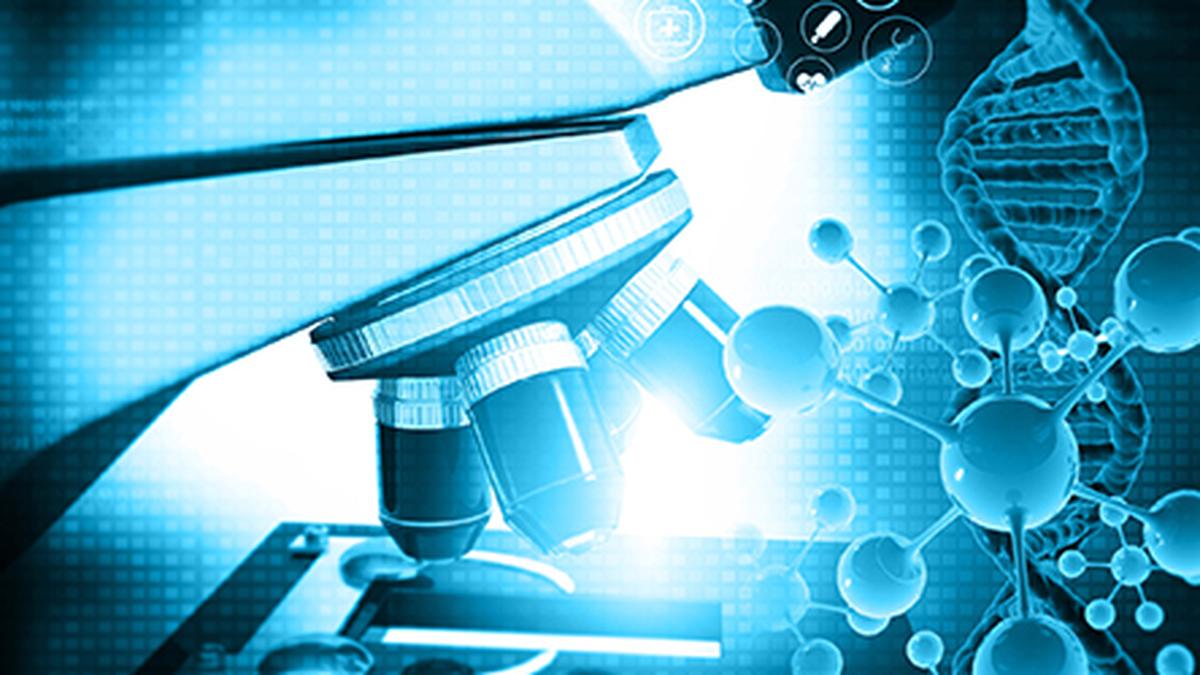:
The 262-km Bengaluru–Chennai Expressway, designed to reduce travel time between the two cities to under three hours, has slowed down due to land acquisition hurdles, environmental clearances, and engineering challenges across Karnataka, Andhra Pradesh, and Tamil Nadu, the Union government has acknowledged.
Union Road Transport and Highways Minister Nitin Gadkari, in a written reply to the Lok Sabha, has confirmed that the ₹15,188 crore greenfield expressway is facing multiple delays, especially land acquisition issues in Karnataka, and environmental clearances, and blasting challenges near habitations in Tamil Nadu.
Replying to the question asked by P.C. Mohan, Member of Parliament, Bangalore Central, on Thursday, Mr. Gadkari said land acquisition has been hampered by slow disbursement of compensation, missed valuation of trees and affected structures, as well as public resistance in Karnataka.
Demands for additional service roads and access from the main carriageway have contributed to delays. Shifting of religious structures and issues around compensating landowners for high-tension electricity lines have further added to the bottlenecks, the Union Minister said.
Wildlife, blasting, and land hurdles
Speaking to The Hindu, Mr. Mohan said that since the project has faced several bottlenecks, it is now expected to be completed between December 2025 and March 2026. “In the coming days, I will discuss with the Karnataka government to clear various hurdles from the State’s side and ensure that the work gains speed and progress,” he added.
According to the reply by Mr. Gadkari, the project faced an initial setback in Andhra Pradesh as permissions were required from the Standing Committee of the National Board for Wildlife (NBWL) for working within a 10-km eco-sensitive zone of the Koundinya Wildlife Sanctuary.
Meanwhile, Tamil Nadu has posed its own set of challenges, with large-scale earthwork delays and the need for controlled blasting through over 7 km of hard rock near habitations. In addition, delays in railway overbridge (ROB) approvals and financial constraints of the concessionaire for one package of Phase III have stalled progress, he stated.
Progress ranging from 53% to over 90%
According to data by the National Highways Authority of India (NHAI), while several packages of the project have already been completed, key stretches remain pending, with physical progress ranging from 53% to over 90%. The revised schedule by NHAI indicates that some sections, such as Bethamangala to Byreddypalli and Kancheepuram to Sriperumbudur, are slated for completion by December 2025, while the Byreddypalli to Bangarupalem and Arakkonam to Kancheepuram stretches may extend up to March 2026.
According to officials, of the 262-km stretch, around 71 km has already been completed. The portion that was finished became informally accessible to the public in December 2024.
The expressway is expected to serve as a major economic catalyst along its route, which runs from Hoskote in Karnataka to Sriperumbudur in Tamil Nadu. Once operational, it will provide a faster alternative to the existing 340-km route via Hosur, Krishnagiri, and Ranipet, which typically takes about six hours to cover.



.png)
.png)
.png)
















 1 week ago
7
1 week ago
7









 English (US) ·
English (US) ·